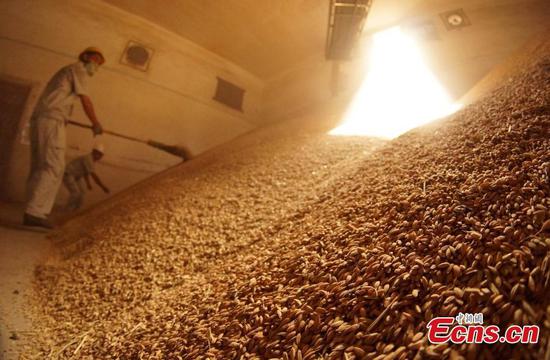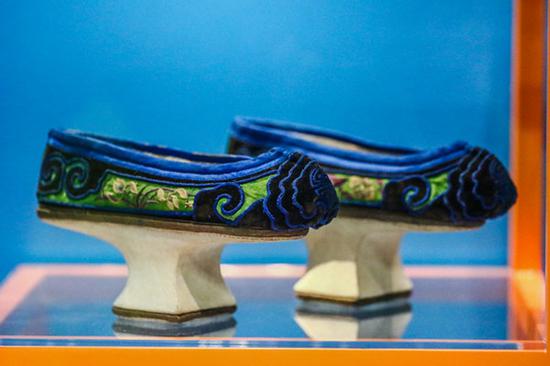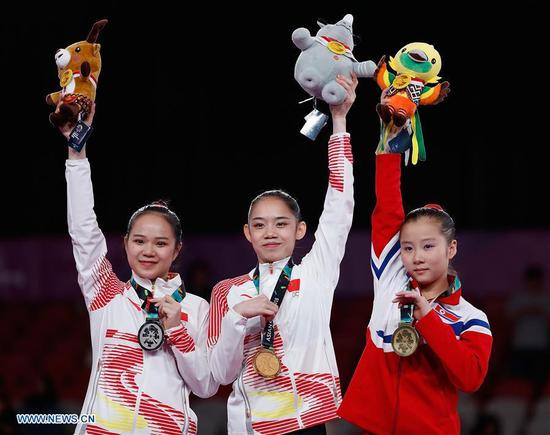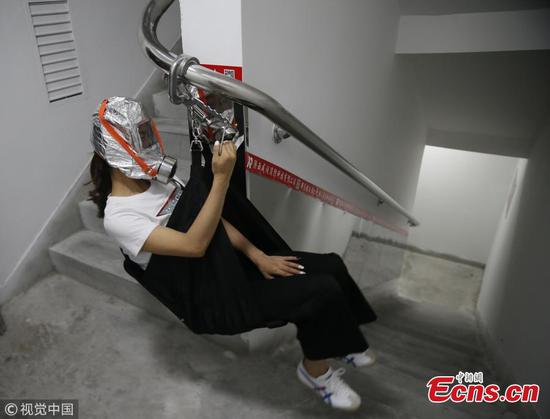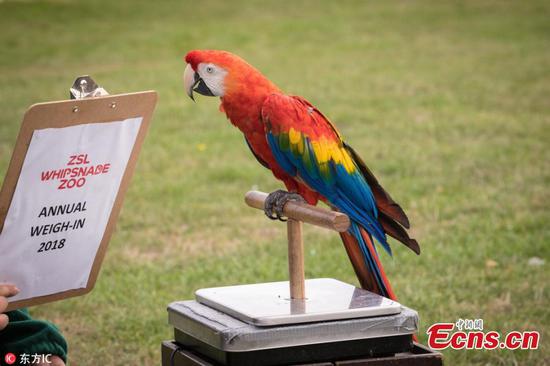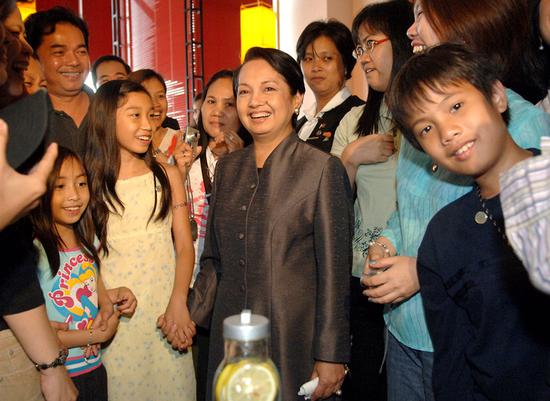Chinese banks have restarted "counter-cyclical" adjustment as part of the pricing mechanism of the yuan's central parity rate against the greenback.
The China Foreign Exchange Trade System (CFETS) said Friday in a statement most of the foreign exchange (forex) market-making banks have made the adjustment on their own initiative since the beginning of August to offset procyclical sentiment amid a weakening yuan in the forex market.
The currency saw a softening trend during the past months in part due to a stronger U.S. dollar and a volatile global trade climate, and there have been lingering market expectations of continued slips.
The CFETS said the adjustment will play an active role in helping the yuan remain stable at a reasonable and balanced level, adding other favorable conditions including a steady economy and a quicker shift of growth drivers.
To curb forex market fluctuations driven by irrational sentiment, China's forex regulator introduced the counter-cyclical adjustment factor to the existing pricing model of the yuan's central parity rate against the U.S. dollar in May 2017.
After the market returned to normal with balanced capital flows, banks in January rolled back the adjustment and shifted the counter-cyclical factor to neutral.









